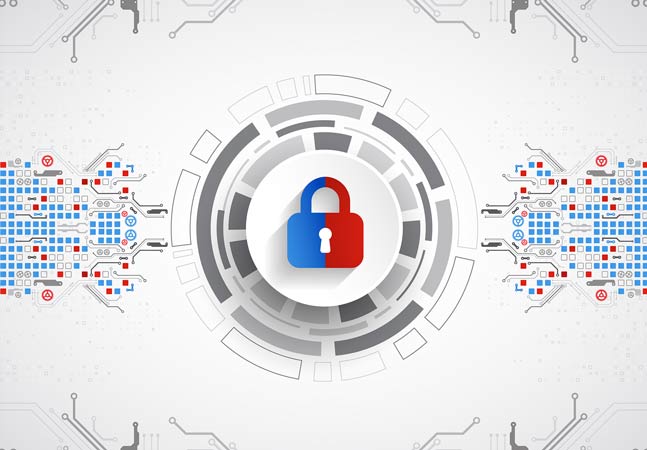
The new functionality is designed to help organizations become more proactive in the fight against ongoing cyberattacks by using time series data and metadata.

A U.S. Senate hearing to explore AI regulations and oversight in order to tackle misuse like audio/image/video deepfakes started with an audio deepfake of AI-generated remarks.

Google plans 'About this image' tool to help detect synthetic photos.

The Linux Foundation released its annual report on tech talent, examining the current and future technology staffing requirements and skills needed within organizations.

"With new breakthroughs in generative AI, we're again reimagining what a search engine can do."

Two things that really caught Tom's eye about the release are the new desktop installer and its support for Azure Active Directory.

Microsoft's AI-dominated work trends report says adjusting to the new world order in the workplace requires boning up on AI-related skills -- or, as Microsoft put it: "Every employee needs AI aptitude."

"I do think microservices were over sold as the answer to everything."

Microsoft, the leader in AI-powered web search with its Bing search engine and Edge web browser, announced a raft of search improvements as part of a new AI makeover.

With more and more industry figures warning about the dangers of runaway advanced AI constructs, the White House is getting in on the action.

Microsoft, Google and OpenAI look to be the leaders in advanced AI right now. Current or former execs from Microsoft, Google and OpenAI have all recently sounded warnings about the dangers of advanced AI.

Double extortion ransomware is a type of cyberattack in which threat actors exfiltrate a victim's sensitive data in addition to encrypting it, giving the criminal additional leverage to collect ransom payments.

The AI buzz these days is all around Microsoft, OpenAI, Google and a few other heavy hitters, but not so much for IBM which years ago went "all in" on hybrid cloud and AI. So what happened?

Like most things these days, the security-focused RSA Conference 2023 prominently featured AI, the topic of many sessions and announcements and the specialty of multiple award winners.

A new survey of corporate executives confirms the obvious -- generative AI will have an enormous impact on business -- but also reveals that most aren't ready to use it just quite yet.

"These new models not only give people a more natural and creative way to understand and manage security, they give people access to AI-powered expertise to go beyond what they could do alone."

Google CEO Sundar Pichai: "Of the AI issues we talked about, the most mysterious is called emergent properties."

A new Pew Research Center survey-based report about the use of AI in the workplace finds widely diverging views on the topic, though respondents are generally wary and uncertain of AI being used in hiring and assessing workers.

"Our StableLM models can generate text and code and will power a range of downstream applications."

Amazon Web Services (AWS), seeking to not be left behind in the cloud giant AI space, is making moves to catch up to Microsoft and Google.